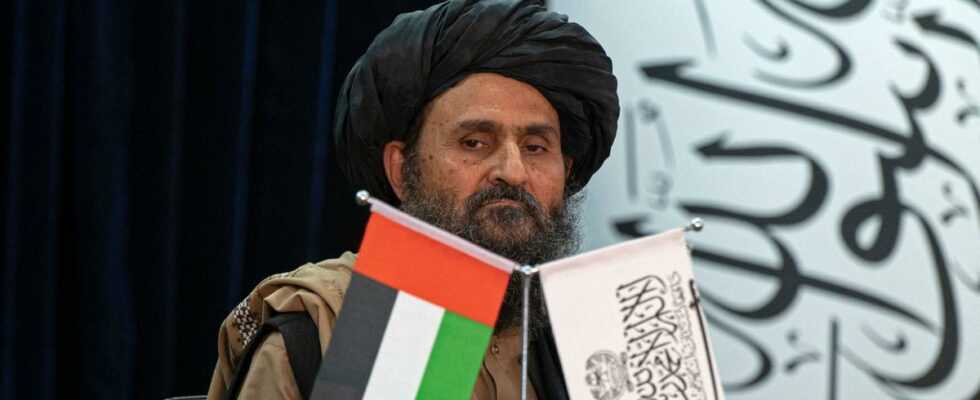The Taliban rejected Friday, May 27 the call of the UN Security Council to reverse the restrictions imposed on Afghan women, judging “unfounded» the concerns expressed by the international community on these issues.
Read alsoPakistan in the Taliban trap
The Security Council on Tuesday called on the Talibanto rapidly reverse policies and practices that currently restrict the human rights and fundamental freedoms of Afghan women and girlsin a statement adopted unanimously.
Limitation of freedoms
The text of the 15 members of the Council quotes “the imposition of restrictions that limit women’s access to education, employment, freedom of movement and full, equal and meaningful participation in public life“. In particular, the Security Council calls on the Taliban power to reopen schools for all girls and expresses its “deep concernin the face of the requirement for women to cover their faces in public spaces and in media broadcasts.
In a statement released on Friday, the Afghan Foreign Ministry considers the concerns of the Security Council “unfounded” and “unrealistic“, and “reaffirms its commitmentto guarantee the rights of Afghan women. “As the Afghan people are predominantly Muslim, the Afghan government considers respect for (wearing) the Islamic hijab to be in line with the religious and cultural values of the society and the aspirations of the majority of Afghan women.“, adds the press release.
“Model of gender segregation”
In early May, the Taliban’s supreme leader issued an order that women must cover themselves fully in public, including the face, ideally with the burqa, a full-face veil with a fabric grid at eye level. The restrictions imposed on Afghan womendescribe a model of total gender segregation and aim to make women invisible in society“, had denounced Thursday in Kabul the special rapporteur of the UN for human rights in Afghanistan, Richard Bennett.
The international community has made respect for human rights, particularly for women, a prerequisite in negotiations on aid and recognition of the Islamist regime, which came to power last August.
Read alsoAfghanistan: trip to the land of the Taliban
The new restrictions imposed on women confirm the radicalization of the Taliban, who had initially tried to show a more open face than during their previous spell in power between 1996 and 2001. They then deprived women of almost all their rights, imposing on them in particular wearing the burqa.
